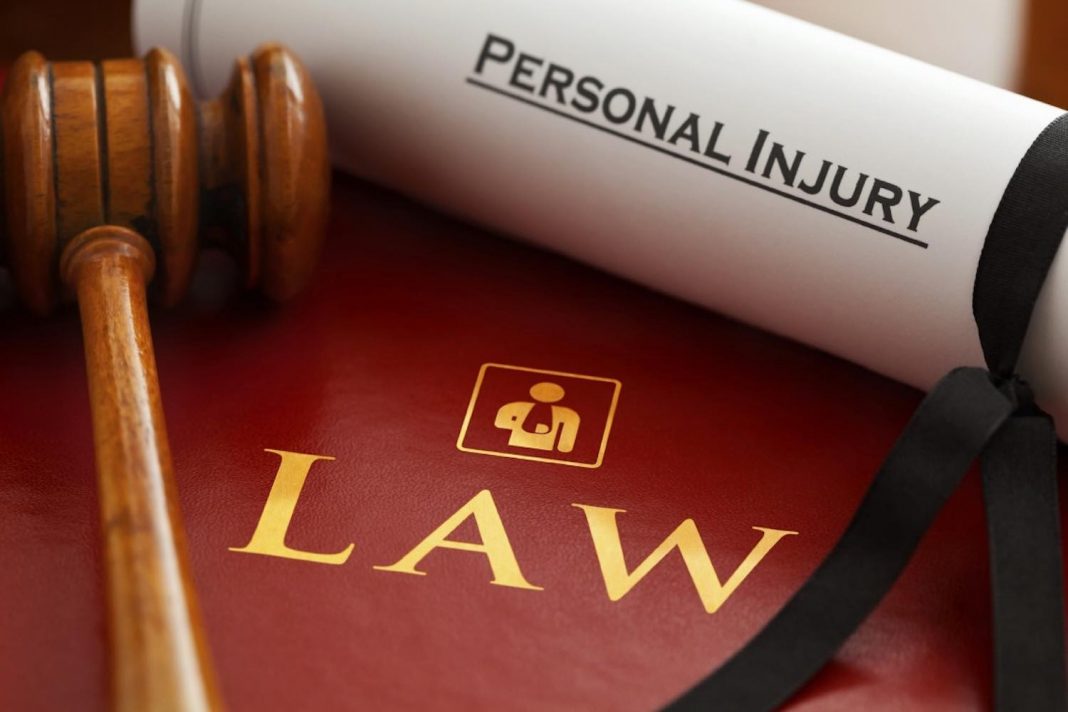It is common knowledge that you can make a personal injury claim when you sustain an injury following an accident that was not your fault. But what if your injuries are a result of an accident that resulted from your own negligence? Is it possible to make a personal injury claim?
It is easy to make a claim when your injuries are results of another party’s negligence, but it’s a different story if you are the one at fault.
In this article, you will know whether you can make a personal injury claim if the accident that caused your injuries resulted from your own negligence.
Non-fault accident
When it comes to personal injury claims, a non-fault accident is an accident resulting in injuries to you but was not your fault. Even in non-fault accidents, victims are not automatically given the right to compensation. During the process of making a claim, either both parties or the court needs to prove legal fault against one of the parties in order for the claim to be successful. However, there are certain cases where the victim is not to be blamed for the accident that caused his injuries but it is neither possible to establish that the other party is legally liable for the accident. In such cases, it is important to seek help from a solicitor to prove the legal liability of one of the parties involved in an accident. Until then, no one can claim for compensation benefits in the case.
At least two parties are at fault
If you get involved in an accident caused by both you and the other party, the process of making a claim becomes a bit more complex. This is because when there are at least two parties at fault in an accident, the responsibility is shared by both parties. In legal terms, this is called contributory negligence. If you are involved in an accident like this, which is caused by both you and the other party involved, there is still a chance that you can make a claim compensation. Obviously, however, the compensation you will receive will be less than the total amount you may otherwise receive if the court determines that you did not have any contribution to the accident. In this case, part of the total compensation will be deducted since you are partly at fault. That means if you and the other party are both 50% responsible for the accident, then you can expect a 50% deduction from your final compensation. This usually happens when the victim got into an accident because he was not paying attention on the road.
At-fault accident
Personal injury claim compensation is usually paid when the injured victim got his injuries as a result of another party’s negligence or breach of duty. In such cases, the process of claiming compensation for injuries is more straightforward than when the accident was caused by the victim himself. But if the accident was solely your fault, it would not be possible to lodge a claim for compensation. For example, if the accident was caused by you losing control while driving your own vehicle. In such a case, there is no other party to bring a claim against since you are the sole party responsible for the accident, so you cannot expect to make a claim. Generally speaking, if you got your injuries as a result of an accident that was your fault, you do not have the right to lodge a claim for compensation. Keep in mind that claiming compensation for personal injuries requires that you prove that the accident that caused your injuries was the fault of another person. If you are completely responsible for the accident, then it is highly unlikely that you will be able to receive compensation for your injuries.
Conclusion
Determining who is responsible for an accident can be very tricky. While liability for an accident is very clear in some cases, the laws relating to personal injury claims can be complicated and may not always be obvious. Because of this, we recommend that you seek legal advice from a personal injury expert before you accept any liability for the accident that caused your injury. Experienced lawyers like Turner Freeman personal injury lawyers will tell you more about your position in your case, what to expect, and whether or not you have a chance of making a successful claim.








